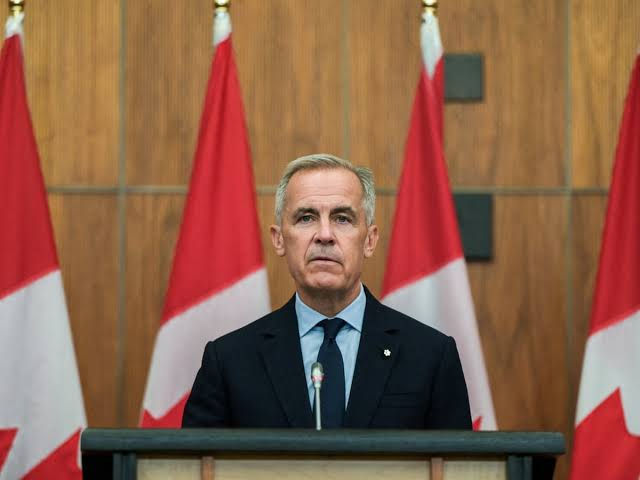Canada Drops Many Retaliatory Tariffs on U.S. in Bid to Ease Trade Tensions
- Rahaman Hadisur

- Aug 27, 2025
- 2 min read
Hadisur Rahman, JadeTimes Staff
H. Rahman is a Jadetimes news reporter covering Business

Canada announced Friday it is removing a wide range of retaliatory tariffs on U.S. products, signaling a potential thaw in trade relations between the two countries after months of escalating tensions.
Prime Minister Mark Carney confirmed that while tariffs on U.S. autos, steel, and aluminum will remain in place, most other counter-tariffs will be lifted effective September 1. The move follows months of back-and-forth tariff hikes that strained North American trade under the U.S.-Mexico-Canada Agreement (USMCA).
“As we work intensively with the United States, our focus is squarely on the strategic sectors,” Carney said at a press conference, emphasizing that Canada had secured what he called “the best trade deal” among U.S. partners.
The tariff standoff began in March, when Canada imposed 25% duties on more than CA$30 billion (US$21.7 billion) worth of U.S. goods, retaliating against Washington’s 25% tariffs on steel and aluminum imports. Trump later announced a 35% tariff on Canadian products, citing Canada’s trade practices and fentanyl-related security concerns.
Friday’s announcement came just a day after Carney’s phone call with President Donald Trump the first known discussion between the two leaders since trade talks collapsed before the August 1 tariff deadline.
Carney said Trump assured him that Canada’s decision to roll back tariffs would help “kick-start negotiations” between the countries. A White House official welcomed the move, calling it “long overdue.”
While some of the most politically sensitive tariffs remain in place, analysts say the rollback could pave the way for smoother discussions ahead of the scheduled USMCA review later this year.
The U.S. has expressed national security concerns tied to fentanyl trafficking across the northern border. According to U.S. Customs and Border Protection, 43 pounds of the drug were seized in 2024, with an additional 58 pounds confiscated so far in 2025.
Carney, who succeeded Justin Trudeau earlier this year, has positioned his government as committed to cooperation with Washington. In July, he said Canada was determined to “work alongside the U.S. to come to a deal.”
Trade officials from both countries are expected to reconvene for further negotiations in the coming weeks. With economic pressures mounting on both sides, the rollback signals a cautious but notable effort to reset one of the world’s most consequential trading partnerships.











































Comments